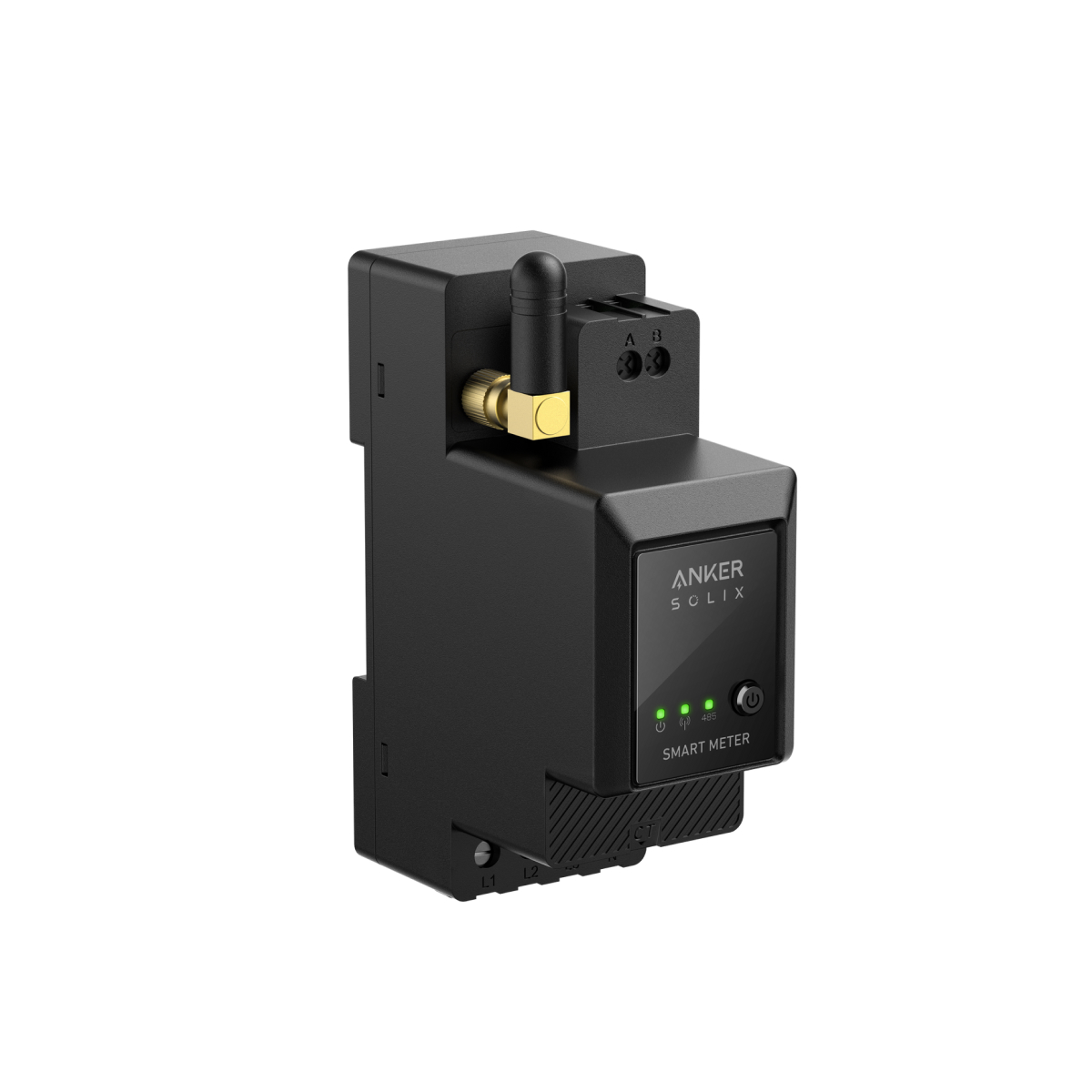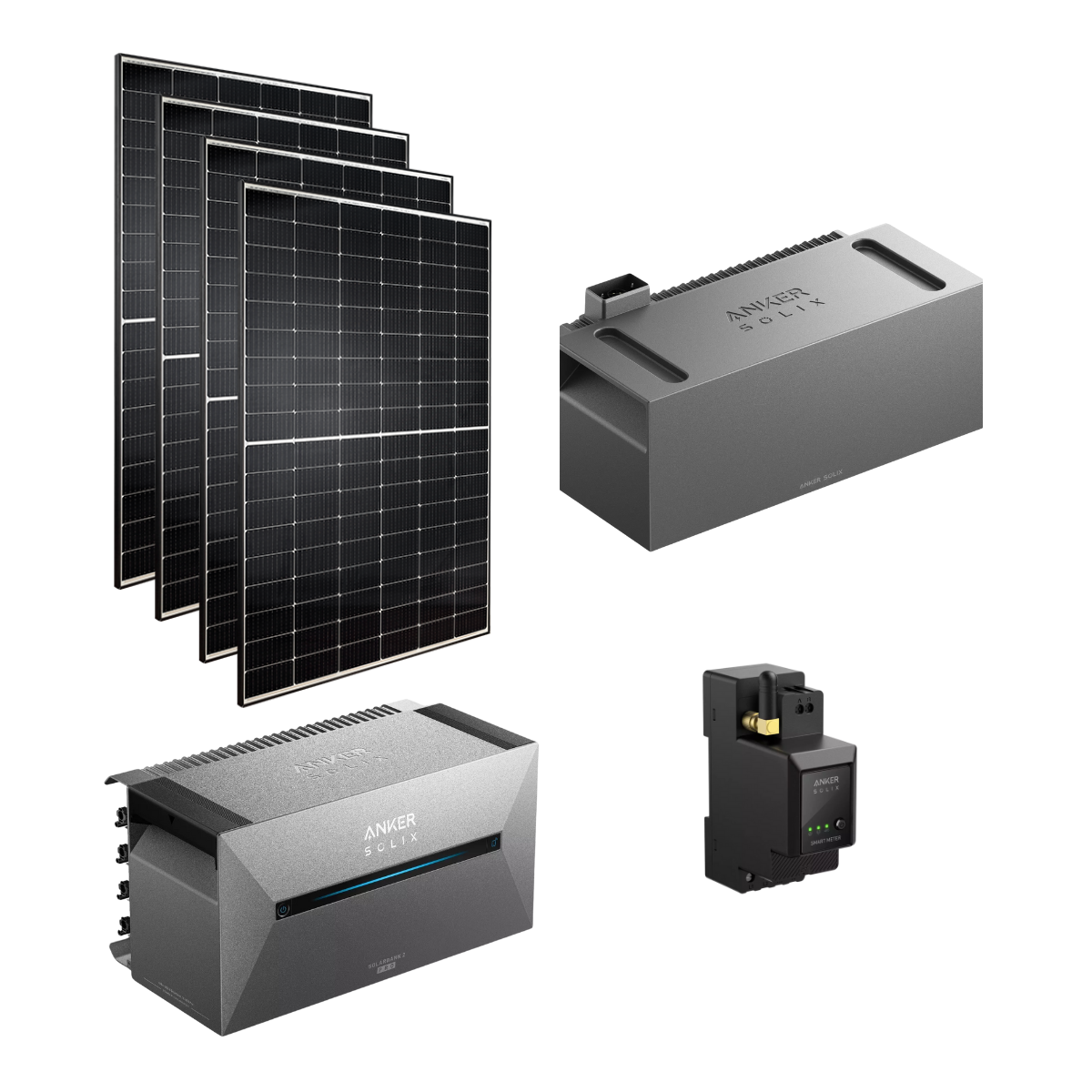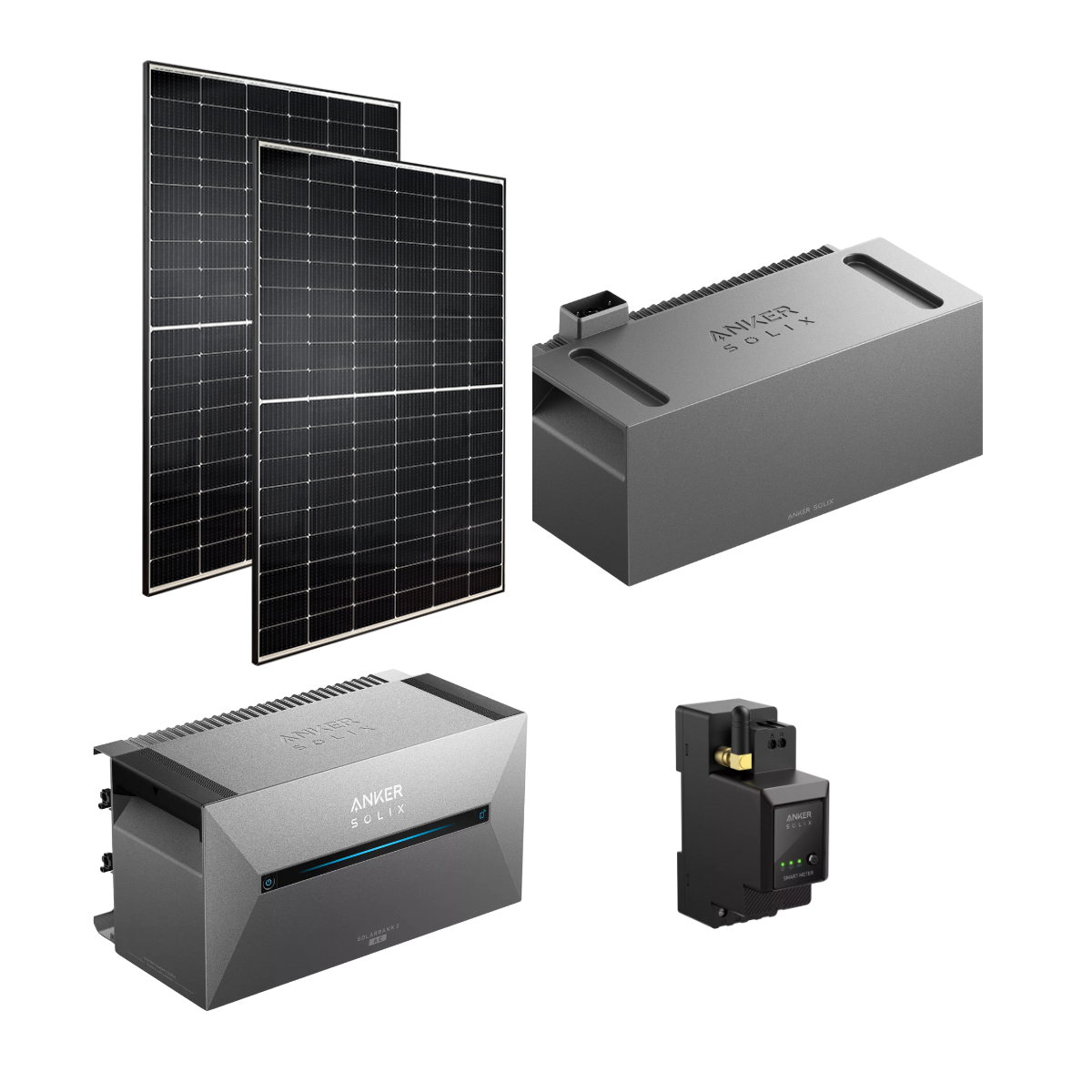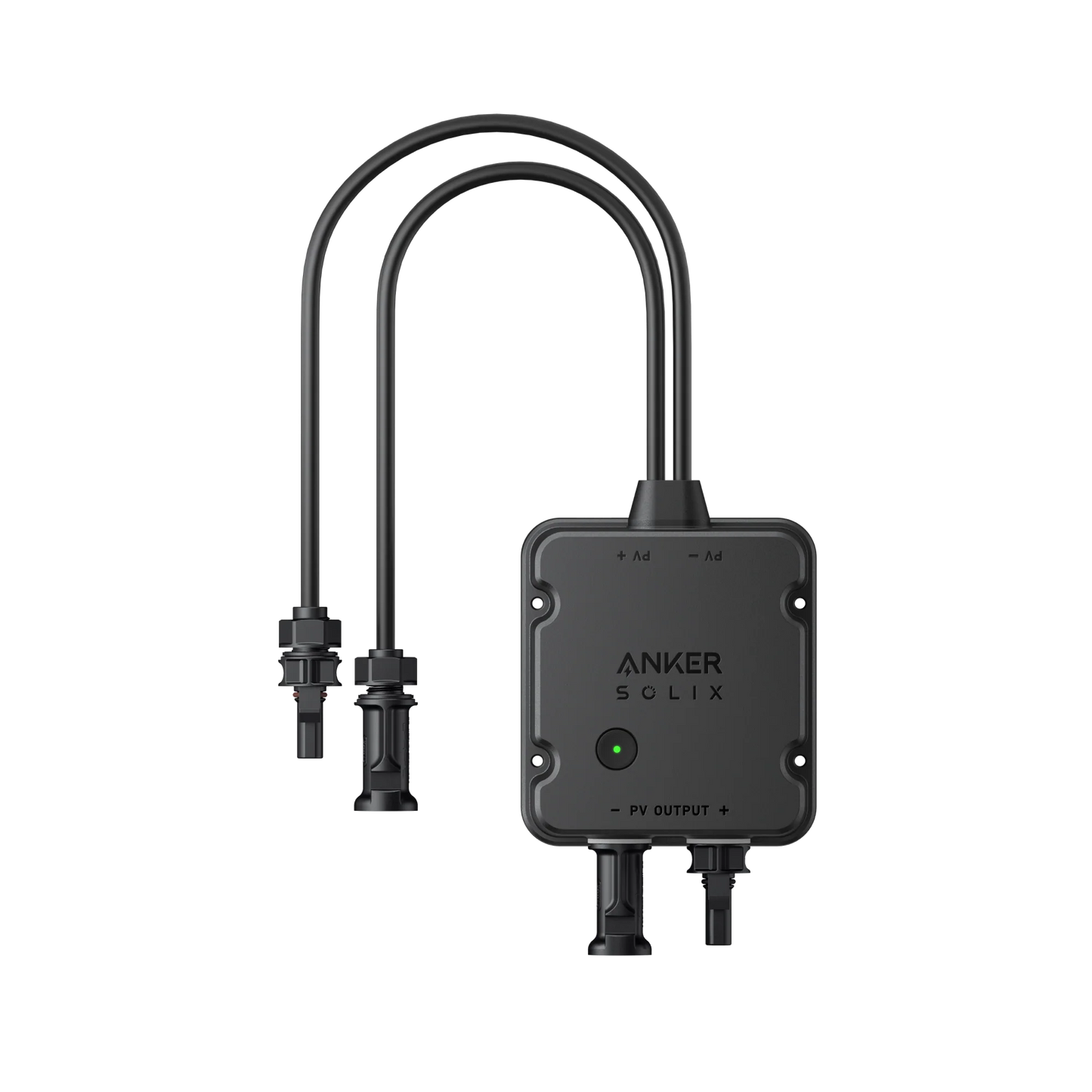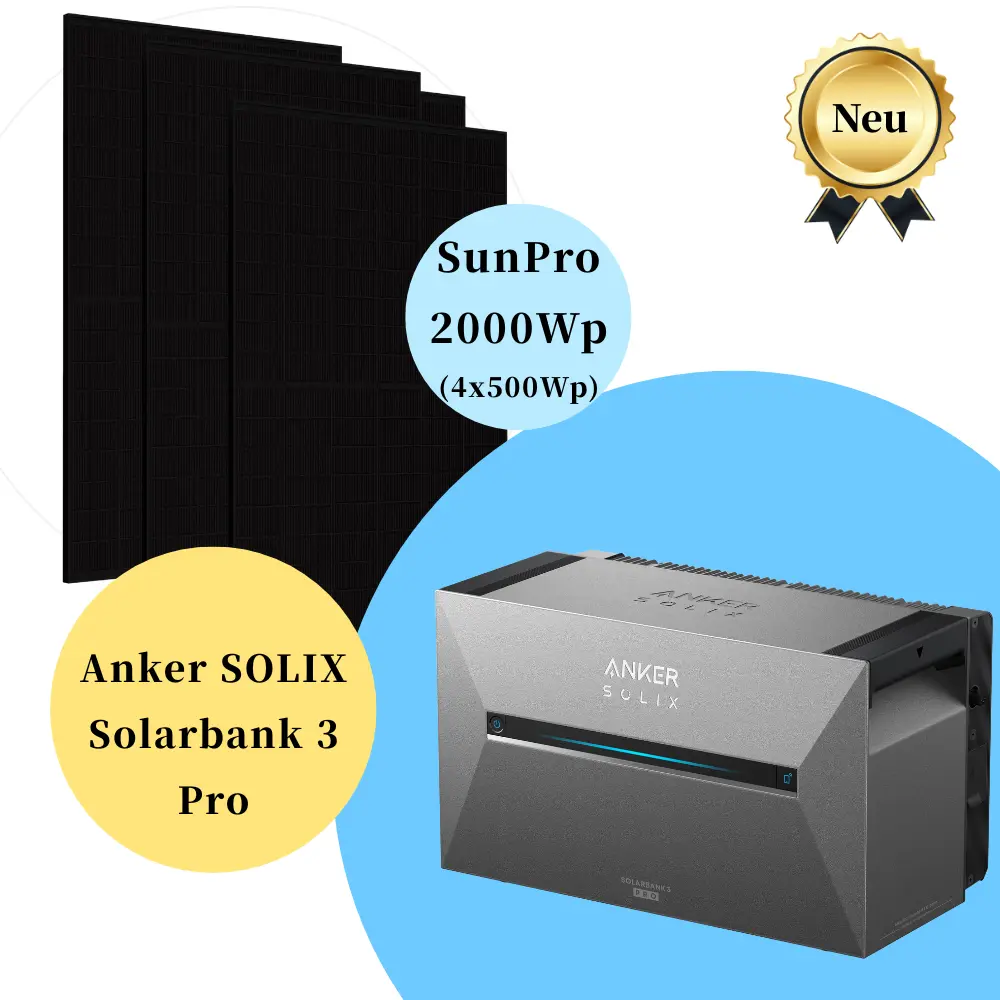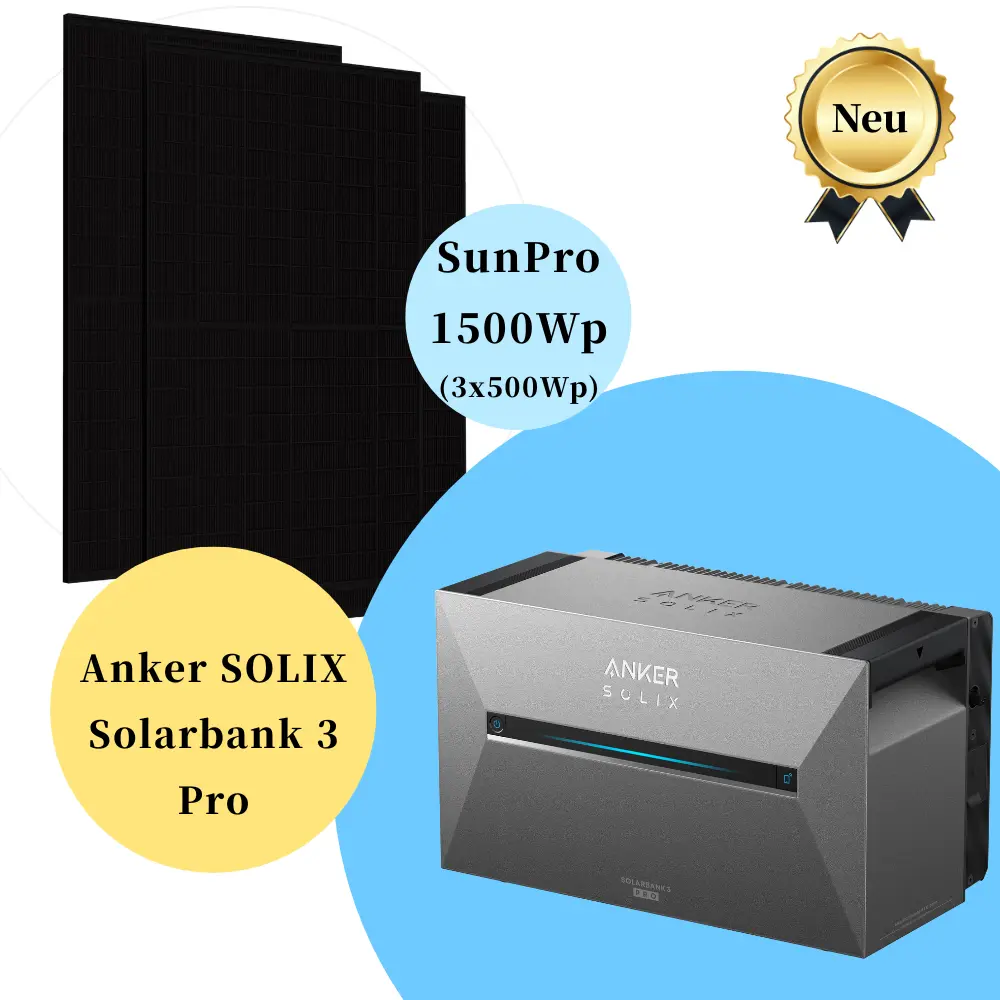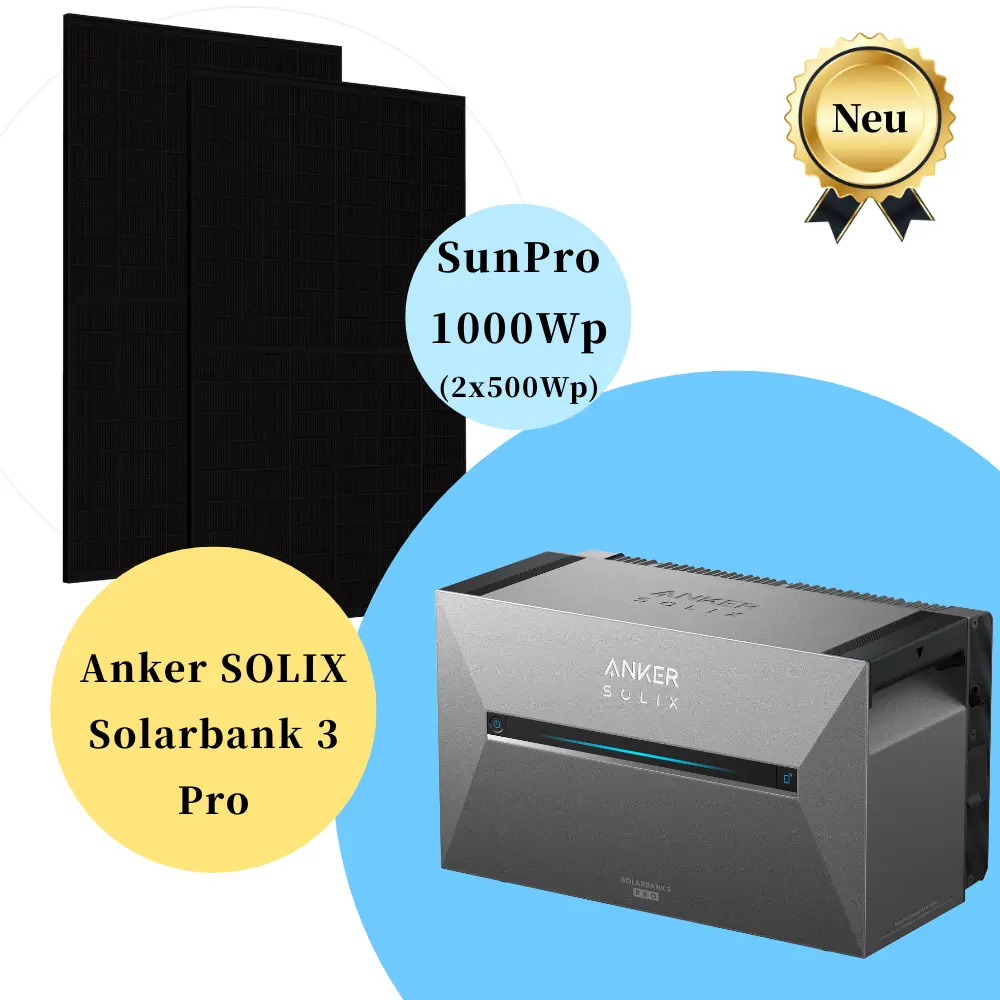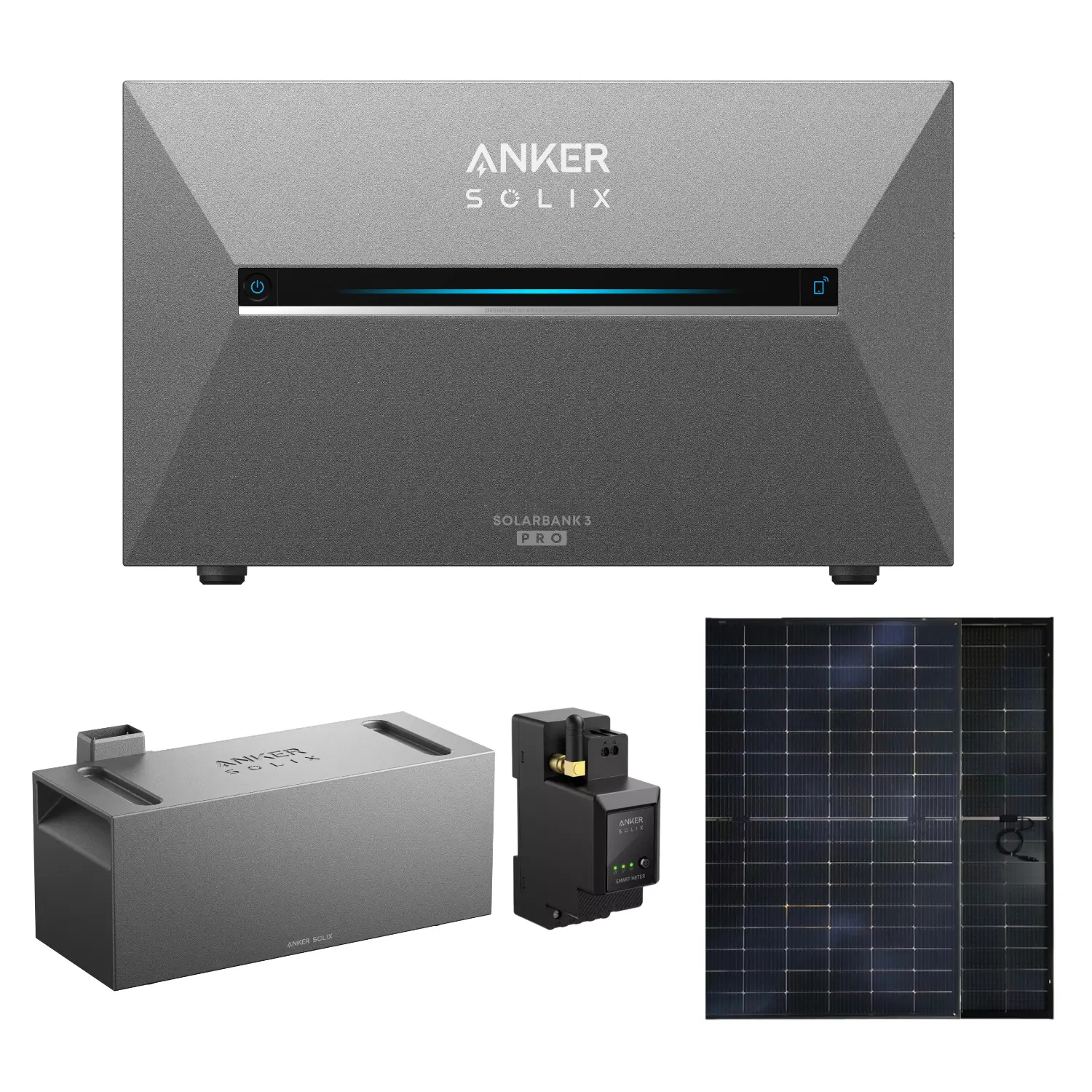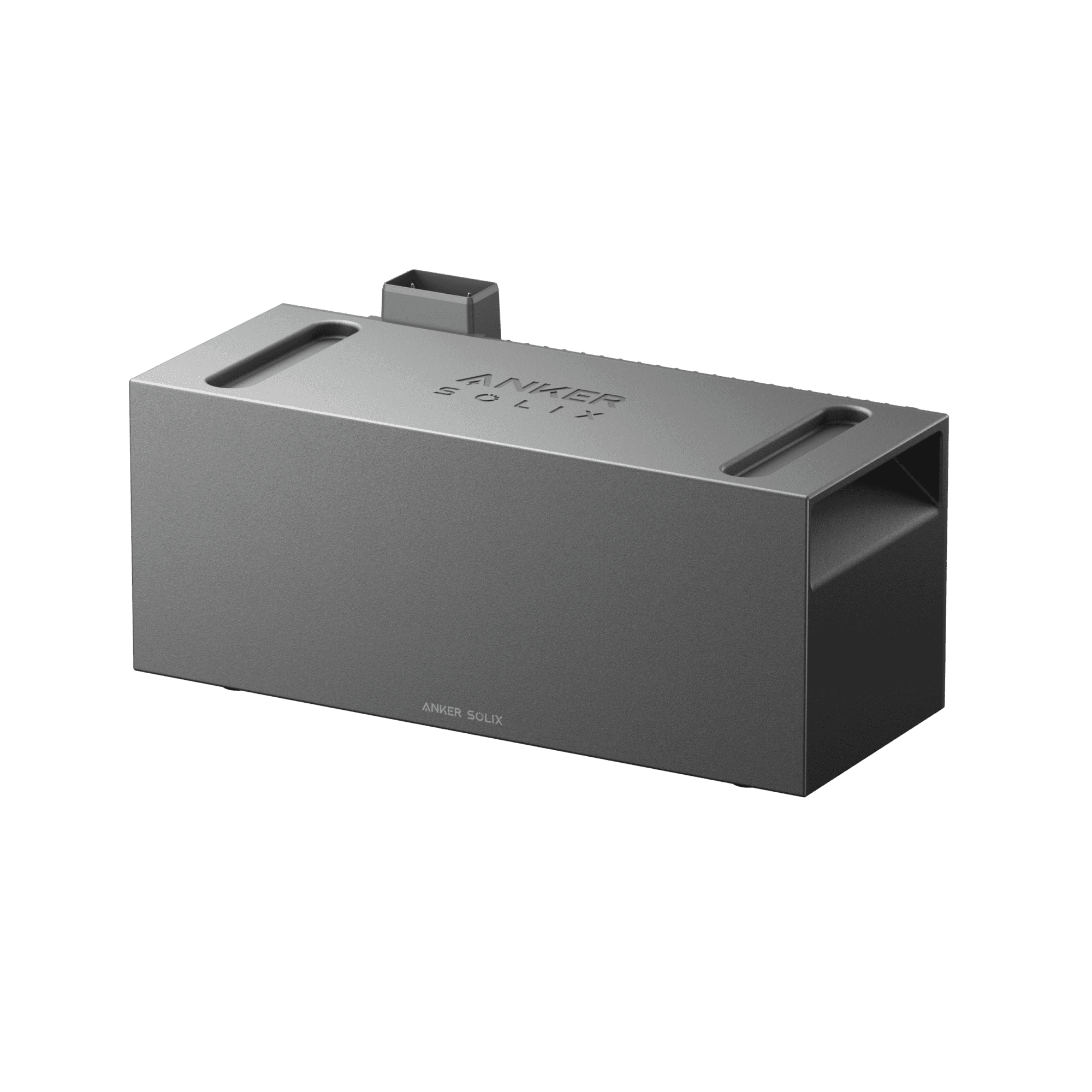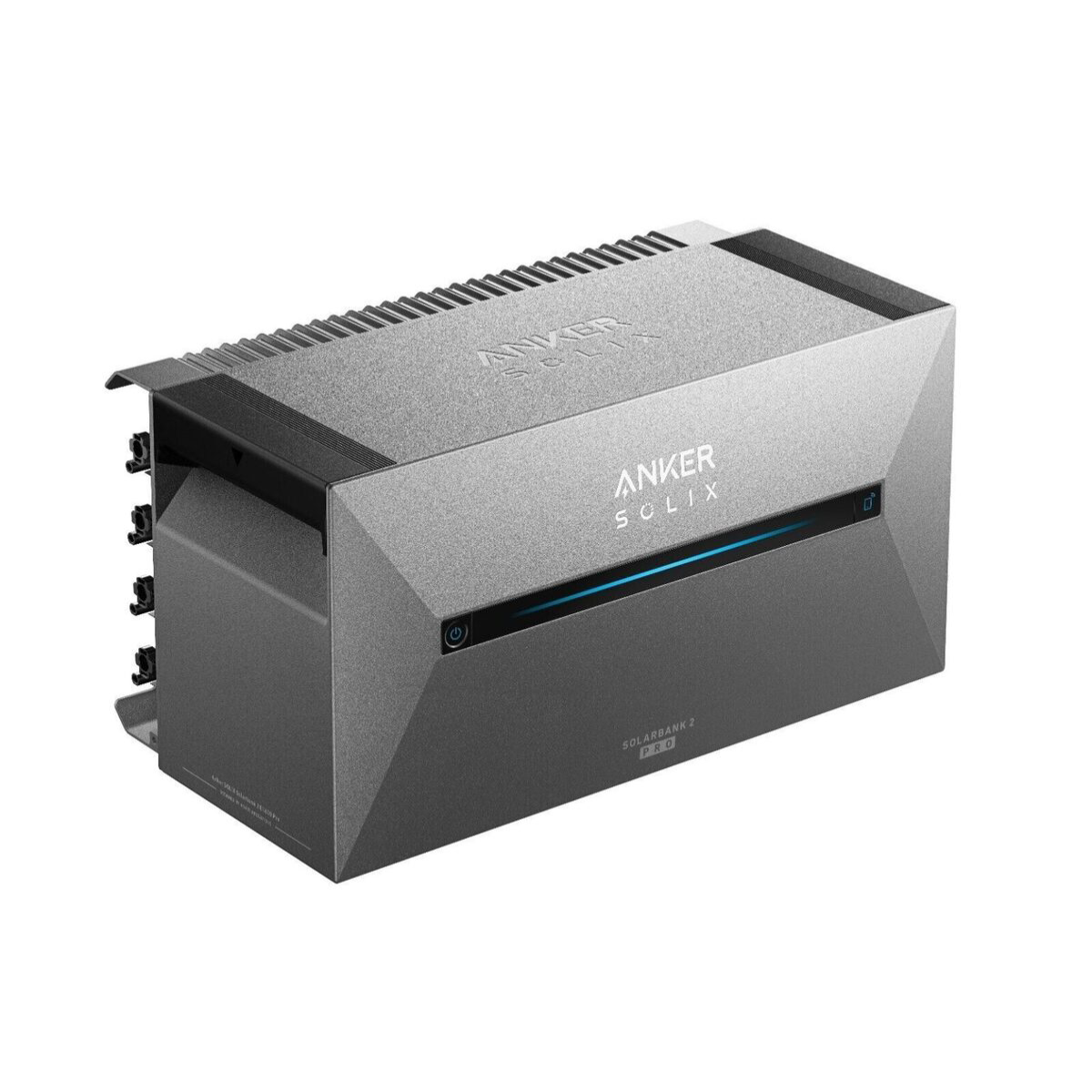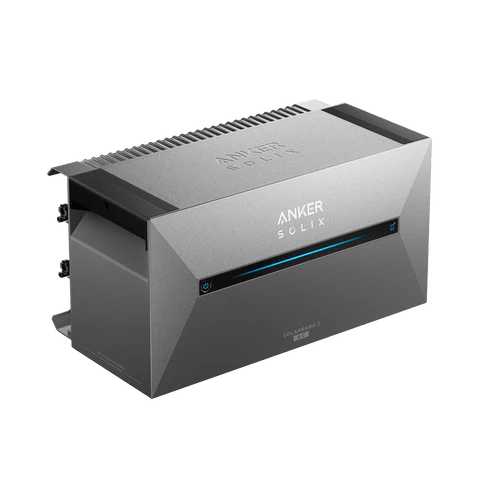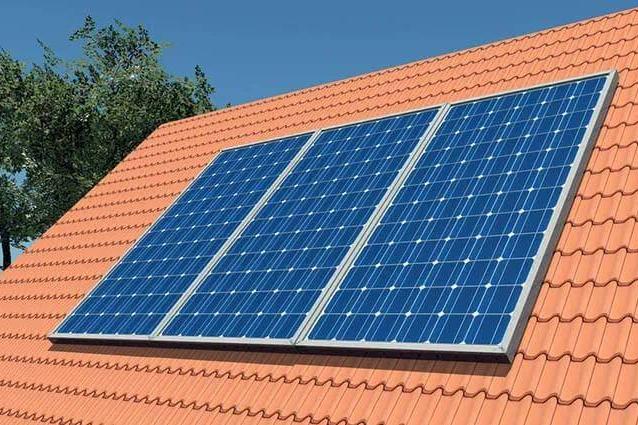Blog & News
Register your PV system with the tax office in 2024

You are required to register your PV system with the tax office within the first month. Feeding electricity into the grid generates profits, on which you must pay income tax. Sales tax is also payable on the revenue generated from photovoltaics. Exceptions are stand-alone PV systems, which do not require tax registration.
Who has to register a PV system with the tax office?
Every PV system connected to the public grid must be registered with the tax office. You have one month from the date of commissioning to register. Commissioning marks the start of a commercial activity, as you receive compensation for feeding the electricity into the public grid.
The only real exception to not registering with the tax office is if your photovoltaic system is an off-grid system or a zero-feed-in system. Since an off-grid system is not connected to the public grid, you cannot receive a feed-in tariff and therefore cannot generate any profit.
What are the tax implications of registering a PV system with the tax office?
Two types of taxes are relevant: the income tax and the VATThese are always treated separately. Anyone who earns an income, including income from a photovoltaic system, is subject to income tax. VAT is only levied on commercial activities.
Income tax on photovoltaics
Since you will be making profits with your PV system over 20 to 30 years, you must also include these in your Show income tax returnThe income from the investment is considered part of your income, such as salary, wages, and pension. It is broken down as follows:
- payments received for feeding the electricity into the public grid
- Share of self-used electricity
These revenues are compared with the investment's expenses, thus determining the amount of profit.
If the output of your PV system is less than 10 kWp and the PV system on your own roof installed, you could previously see them as "hobby" with the tax office. You were then exempt from income tax, both on the electricity fed into the grid and on the electricity you used yourself. In return, you could however, no costs tax assert.
In the January 2023 However, new Tax relief for photovoltaics This also eliminates income tax on solar energy yields and the feed-in tariff. The relief applies to all PV systems up to 30 kWp for single-family homes and up to 15 kWp per residential unit in multi-family houses. The hobbyist rule therefore no longer applies.
Photovoltaic VAT
In addition to income tax, there are also additional taxes on the income from the feed-in tariff as well as on the amount of solar power consumed. 19 percent sales tax (VAT) which you must pay to the tax office.
If you register a business for your PV system, you also pay VAT. The advantage of this is that you are now entitled to to deduct the input tax, which means you get the VAT paid on the acquisition costs of the system again. However, you should keep in mind that if you have a business, you will also have to file an additional tax return.
One way to avoid VAT is the small business regulation.
Here, too, the new tax relief applies and the purchase of a PV system is tax-free. Purchase price private PV systems not applicable namely now also the VAT. This means that registering a business just to claim input tax is no longer necessary.
PV system and the small business regulation
If the annual turnover (note: not profit) of your PV system is less than 22,000 €, you can Small business regulation (Section 19 of the VAT Act). As a small business owner, you are exempt from VAT, but you are not allowed to claim input tax.
Photovoltaics without tax office?
Photovoltaics without tax office and the associated bureaucratic effort is possible. To do so, select the Small business regulation, which exempts you from paying sales tax. Income tax is generally waived anyway thanks to the new tax relief.
Conclusion
You must register your PV system with the tax office if you generate profits from it. The registration must within one month after commissioning. If the tax office classifies the operation of the PV system as a business activity, you must tax the income.
You can avoid VAT by applying the small business regulation. If your PV system is smaller than 30 kWp or 15 kWp per residential unit, you will also not be charged VAT. income tax.

